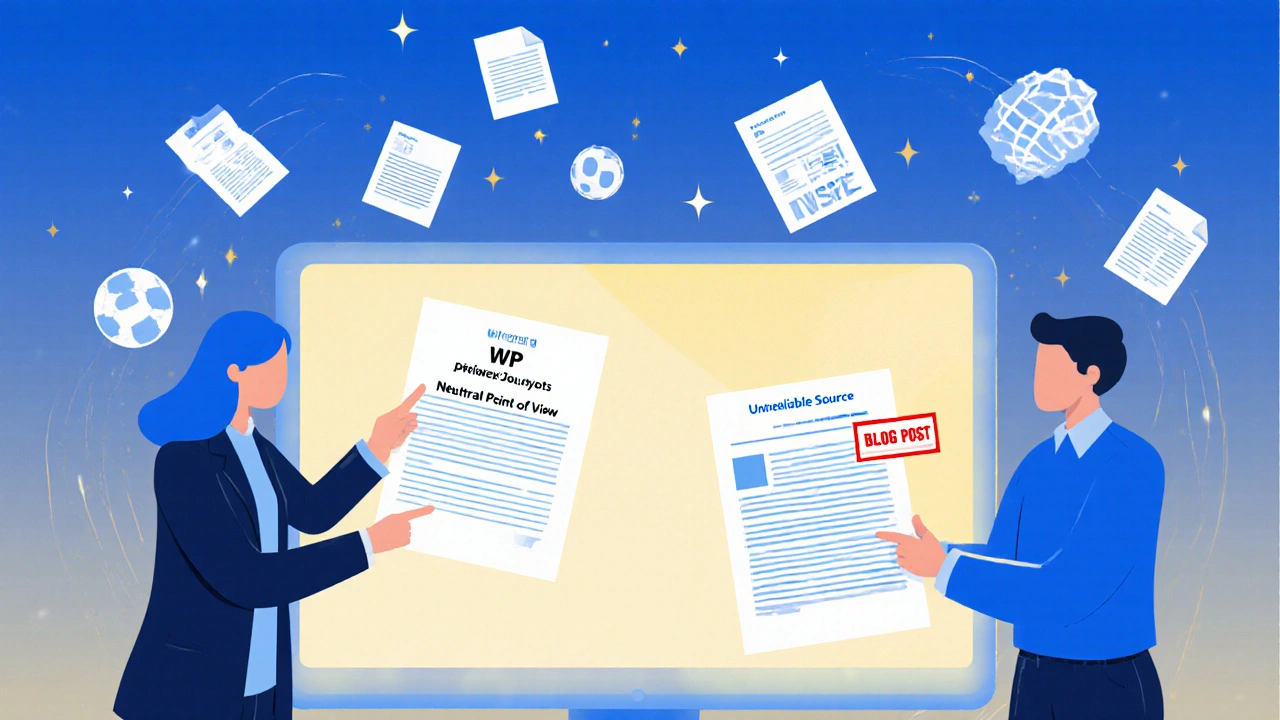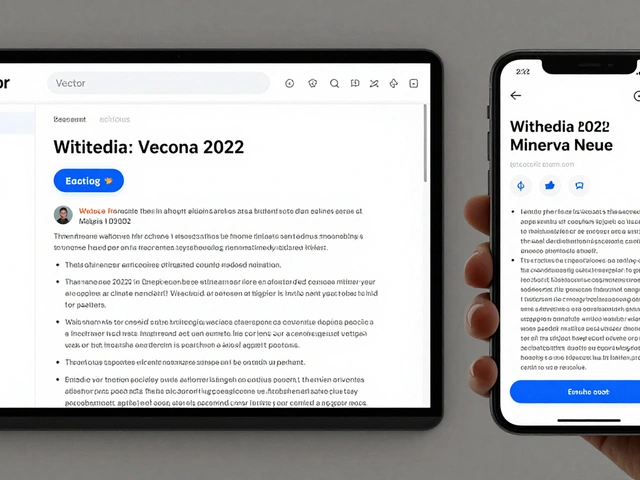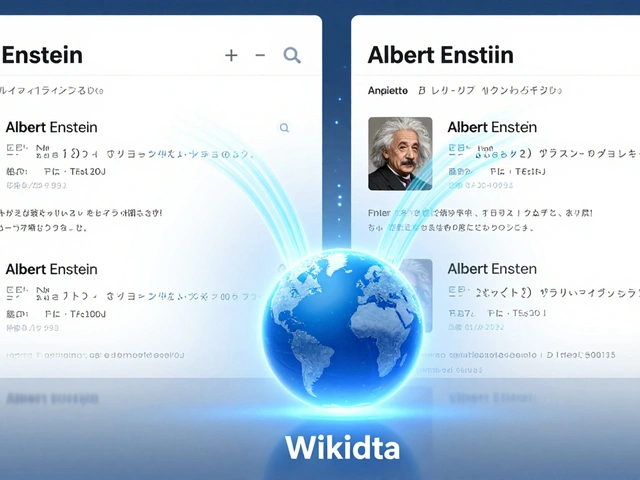Wikipedia consensus: How editors agree on what stays and what goes
When you read a Wikipedia article, you’re seeing the result of thousands of quiet conversations—not votes, not polls, but Wikipedia consensus, a collaborative process where editors build agreement through discussion, evidence, and repeated refinement. Also known as community consensus, it’s the invisible engine behind every edit, every rewrite, and every dispute resolved without a single moderator stepping in. Unlike a democracy where the majority wins, Wikipedia consensus asks: Does this make sense? Is it supported? Can we all live with it? It’s messy. It’s slow. And it’s the only reason Wikipedia doesn’t collapse under its own weight.
This process relies on Wikipedia policies, formal rules that guide how content should be created and maintained. Also known as Wikipedia guidelines, these aren’t laws—they’re shared expectations. For example, due weight ensures minority views aren’t erased, and reliable sources keep opinions out of facts. But policies alone don’t decide anything. What matters is how editors apply them in real discussions, often over weeks or months. You’ll see this in edit wars that turn into calm negotiations, or when someone adds a citation and five others quietly approve it without comment. That’s consensus in action. It’s not about who’s loudest. It’s about who’s most consistent, most cited, and most willing to listen. The community decision-making, the collective process by which Wikipedia editors resolve conflicts and shape content. Also known as editorial consensus, it’s what keeps the encyclopedia from becoming a battleground of egos. You don’t need to be an admin. You don’t need to be famous. You just need to show up, cite sources, and be willing to change your mind.
That’s why so many articles on Wikipedia feel balanced—even when the world outside is divided. Consensus doesn’t mean everyone agrees. It means no one has a strong enough reason to fight it anymore. That’s how a page about climate change stays accurate, how a biography of a living person avoids slander, and how a fan page for a sci-fi show doesn’t turn into a lore war. The system isn’t perfect. It’s slow. It frustrates newcomers. But it works—because it’s built on trust, not power.
What you’ll find in the posts below isn’t theory. It’s real examples: how editors handle bias, how they defend their changes, how they push back when someone tries to force their view. You’ll see how consensus shapes everything from medical facts to pop culture summaries. And you’ll understand why, in a world of algorithms and AI summaries, Wikipedia still wins trust—not because it’s fast, but because it’s careful.
Human-in-the-Loop Workflows: How Real Editors Keep Wikipedia Accurate Amid AI Suggestions
Human-in-the-loop workflows keep Wikipedia accurate by combining AI efficiency with human judgment. Editors review AI suggestions, ensuring neutrality, sources, and consensus guide every change.
Consensus-Building Techniques for Difficult Wikipedia Discussions
Learn how to build consensus on Wikipedia during heated edit disputes using policy, sourcing, and calm communication-without escalating into edit wars.






